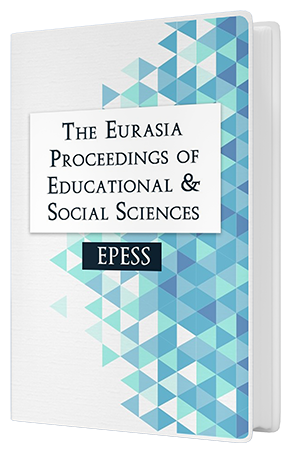Digital Literacy Perspective: Reflections on Education
DOI:
https://doi.org/10.55549/epess.1038710Keywords:
Digital literacy, Skills, Education, TechnologyAbstract
Today's society demands more and more different types of skills. These skills need to be used not only to strengthen the capacity to use information for social and personal development purposes, but also to manage potential risks associated with mass media and digital media. As a matter of fact, the rapid development of digital technologies in the digital age confronts individuals with situations that require the use of ever-growing cognitive, sociological and technical skills required to identify and solve problems in digital environments. Individuals who are digitally illiterate or who lack digital literacy face the situation of exclusion from the digital world. Therefore, in today's technology age, being digital literate is an important skill needed in people's workplace and social lives beyond educational institutions. The increased focus on the development of digital literacy should be a policy priority, especially for educational institutions. Because education, which includes the learning and teaching process, is an area where digital media are used. In this study, the concept of digital literacy, the development of digital literacy, strategic perspectives in education, the 'Ng Model' in digital literacy and the use of digital literacy in education have been examined.Downloads
Published
Issue
Section
License
Copyright (c) 2021 The Eurasia Proceedings of Educational and Social Sciences

This work is licensed under a Creative Commons Attribution-NonCommercial-ShareAlike 4.0 International License.
The articles may be used for research, teaching, and private study purposes. Any substantial or systematic reproduction, redistribution, reselling, loan, sub-licensing, systematic supply, or distribution in any form to anyone is expressly forbidden. Authors alone are responsible for the contents of their articles. The journal owns the copyright of the articles. The publisher shall not be liable for any loss, actions, claims, proceedings, demand, or costs or damages whatsoever or howsoever caused arising directly or indirectly in connection with or arising out of the use of the research material. All authors are requested to disclose any actual or potential conflict of interest including any financial, personal or other relationships with other people or organizations regarding the submitted work.




